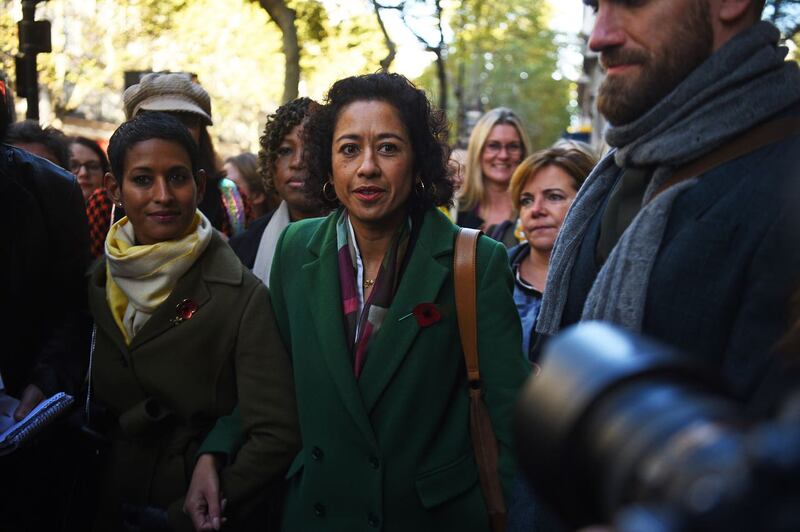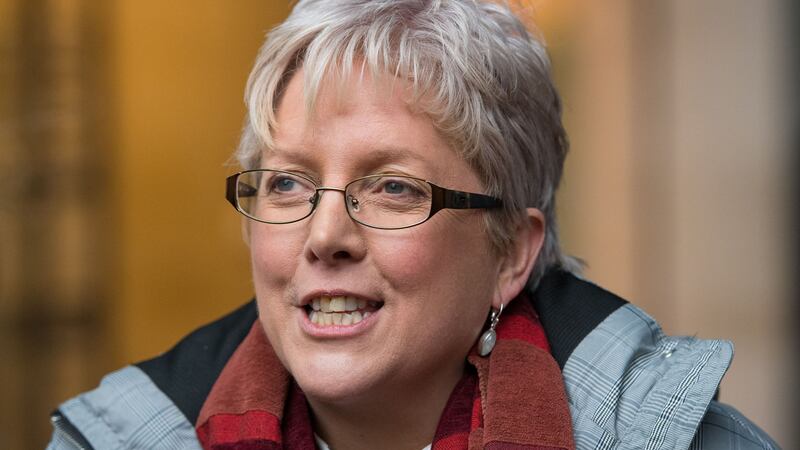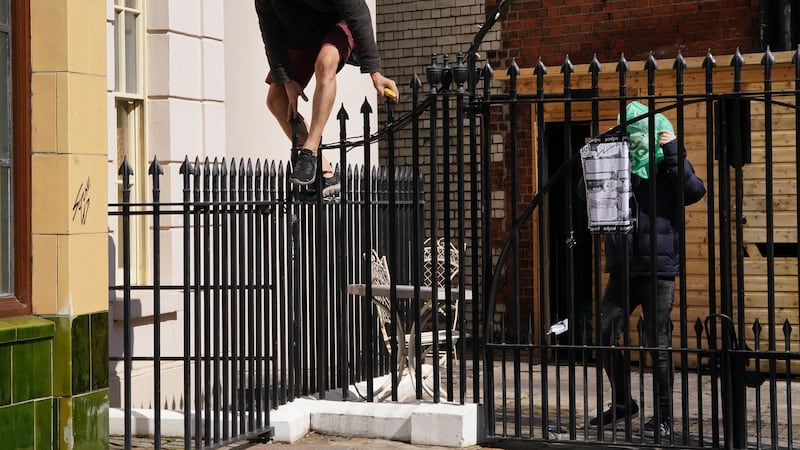BBC journalist Carrie Gracie has said there could be around 12 people at the corporation launching employment tribunals over claims of unequal pay.
It comes as presenter Samira Ahmed faces the BBC in court, where she will question why she was paid less than a male colleague for what she says is a “very similar job”.
The Radio 4 presenter is taking the corporation to an employment tribunal this week regarding alleged “failure to provide equal pay for equal value work”, according to court documents.
Ms Ahmed is asking why she was paid £465 per episode of Newswatch while Jeremy Vine, the National Union of Journalists (NUJ) said, was paid up to £3,000 for each episode of Points Of View – work Ms Ahmed described as comparable.

The BBC disagrees and its legal team will argue that the two presenters were not doing similar work.
Former China editor Gracie resigned from her position in January 2018 in protest at pay inequalities at the broadcaster, becoming a figurehead for other women after she made the announcement in an open letter.
Speaking to reporters at the tribunal, Gracie called those taking action “extremely brave and determined”, more than a year after she was back-paid the same as the North America editor, whose job she said was comparable to hers at the time.
She claimed management at the BBC was “defensive and resistant to admitting mistakes”, and said Ms Ahmed’s case was “emblematic and extremely important to all the other women still fighting”.
“I’m aware of about a dozen cases that are in the pipeline towards a tribunal now,” she said.
“It’s a slow pipe, but they are making their way towards tribunal.
“They’ve come out the end of the internal process and they are not prepared to give up at that point. These are extremely brave and determined people.”

She added: “None of us want this to be a stick with which to beat the BBC.
“We want to draw attention by means of an important story happening inside the BBC, to draw attention to a problem which is widespread in our society.”
Gracie, among a large group supporting Ms Ahmed at the tribunal, said there was a “very high degree of solidarity” among employees at the corporation, adding: “We will not be divided and ruled.”
Ms Ahmed arrived at the Central London Employment Tribunal building with a group of supporters, including fellow BBC presenter Naga Munchetty and members of the NUJ, which is backing the case.
The group cheered for her as she walked inside.
The entirety of the tribunal’s first day took place in private while the two sides discussed legal arguments.
In a statement on Sunday evening, Ms Ahmed said: “I love my job on Newswatch despite it being difficult and challenging.
“On the back of my BBC ID card are written the BBC values which include ‘we respect each other and celebrate our diversity’ and ‘we take pride in delivering quality and value for money’.

“I just ask why the BBC thinks I am worth only a sixth of the value of the work of a man for doing a very similar job.”
Vine fronted long-running factual programme Points Of View until last year.
It has since dropped its presenter-led format and the 15-minute show is now narrated by Tina Daheley.
Newswatch is a 10-minute programme and audience-led critique of coverage by BBC One which airs on a Friday and Saturday.
Viewing figures released by the NUJ suggest that the audience for Newswatch is between 1.5 million and 1.9 million, while Points Of View has some 800,000 viewers.
In a statement, a BBC spokesman said: “The BBC is committed to equal pay. Points Of View is an entertainment programme with a long history and is a household name with the public.
“Newswatch – while an important programme – isn’t.
“Samira was paid the same as her male predecessor when she began presenting Newswatch.
“Gender has not been a factor in levels of pay for Points Of View. News and entertainment are very different markets and pay across the media industry reflects this.”
The tribunal is expected to last until next Tuesday, with the first witnesses due to be called on Wednesday.








